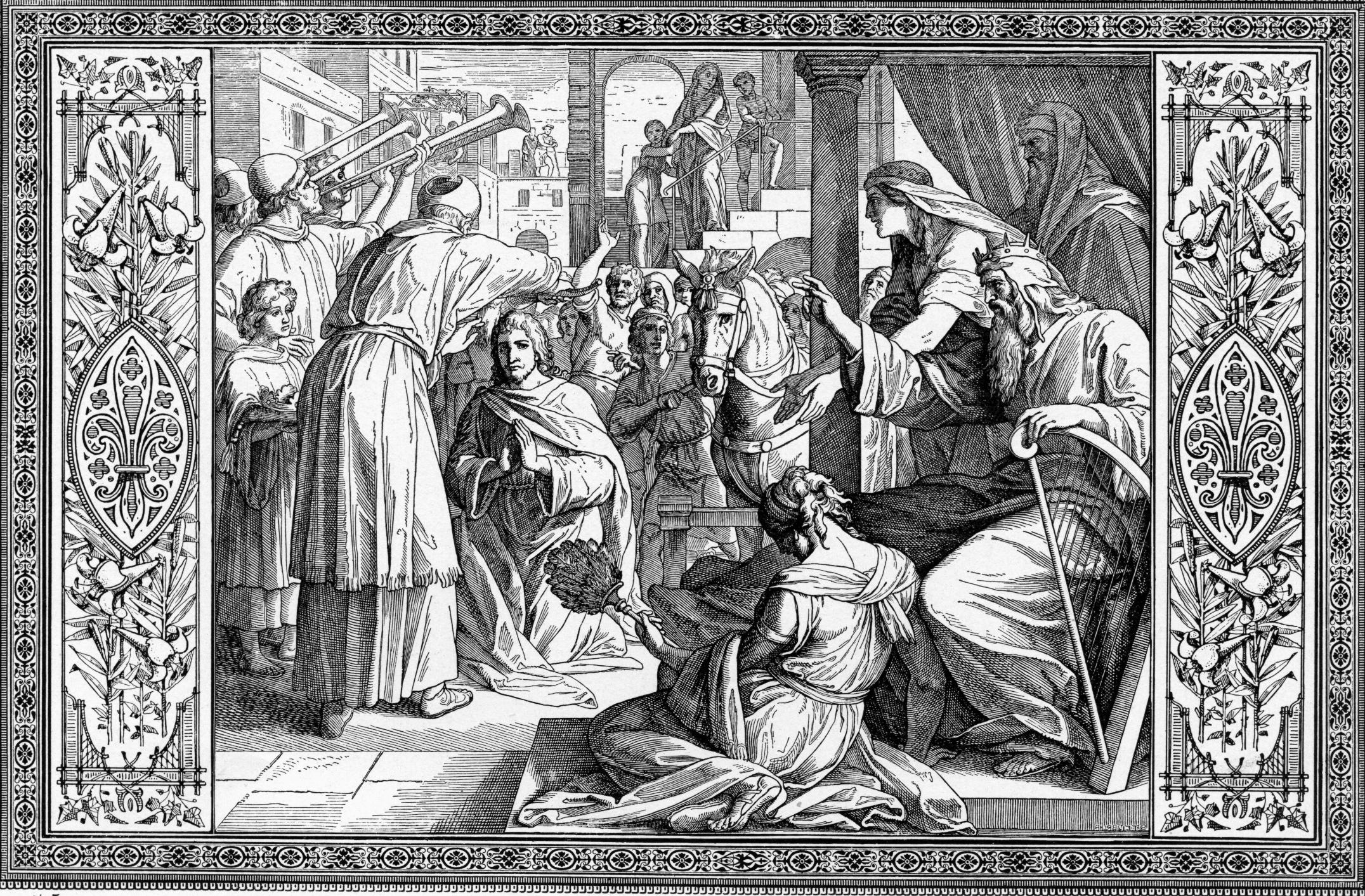
A holy man used to say when he returned home from a night of table-talk that he would never accept such an invitation again, so remorseful did such nights always leave him; so impossible did he find it for him to hold his peace, and to speak only at the right moment, and only in the right way. And, without his holiness, I have often had his remorse, and so, I am quite sure, have many of you. There is no table we sit at very long that we do not more or less ruin either to ourselves or to someone else. We either talk too much, and thus weary and disgust people; or they weary and disgust us. We start ill-considered, unwise, untimeous topics. We blurt out our rude minds in rude words. We push aside our neighbour's opinion, as if both he and his opinion were worthless, and we thrust forward our own as if wisdom would die with us. We do not put ourselves into our neighbour's place. We have no imagination in conversation, and no humility, and no love. We lay down the law, and we instruct people who could buy us in one end of the market and sell us in the other if they thought us worth the trouble. It is easy to say grace; it is easy to eat and drink in moderation and with decorum and refinement; but it is our tongue that so ensnares us. For some men to command their tongue; to bridle, and guide, and moderate, and make just the right use of their tongue, is a conquest in religion, and in morals, and in good manners, that not one in a thousand of us has yet made over ourselves. [But Christ was such a one.] And much as I would have liked to see how He acted in everything, especially would I have watched Him how he guided, and steered, and changed, and moderated, and sweetened the talk of the table.
Alexander Whyte